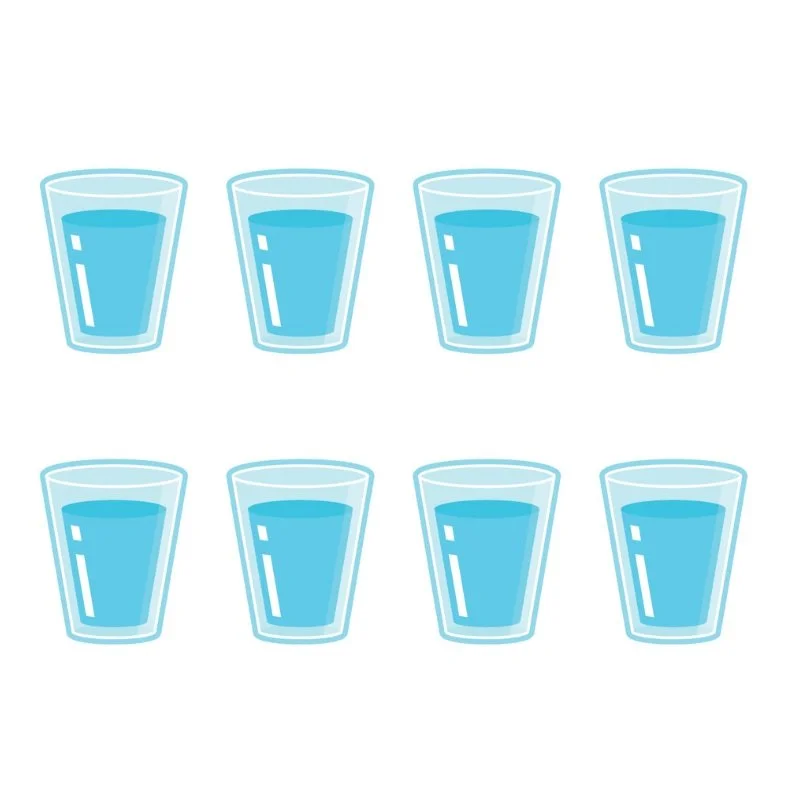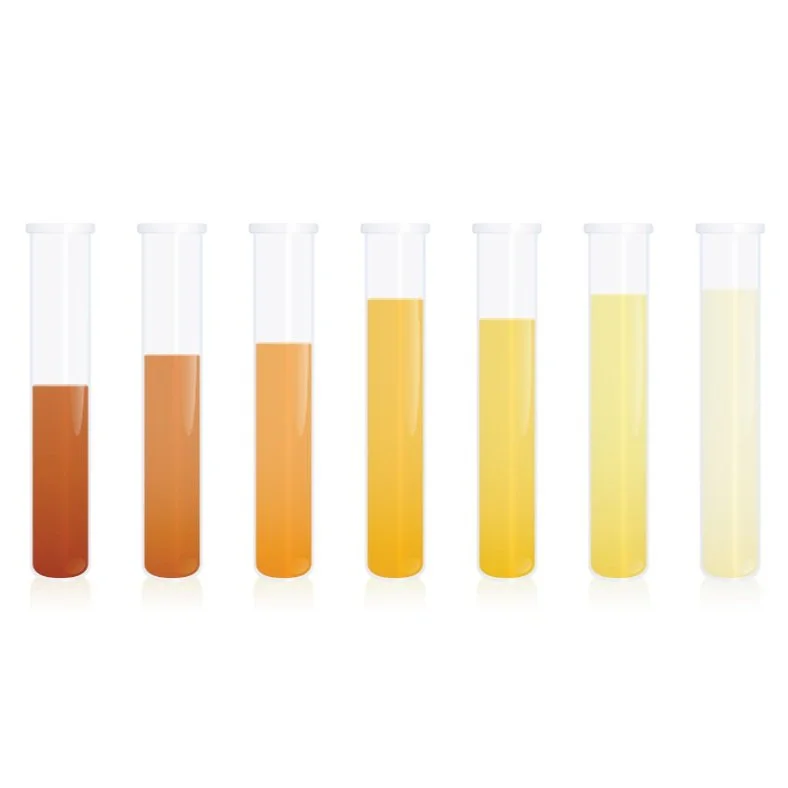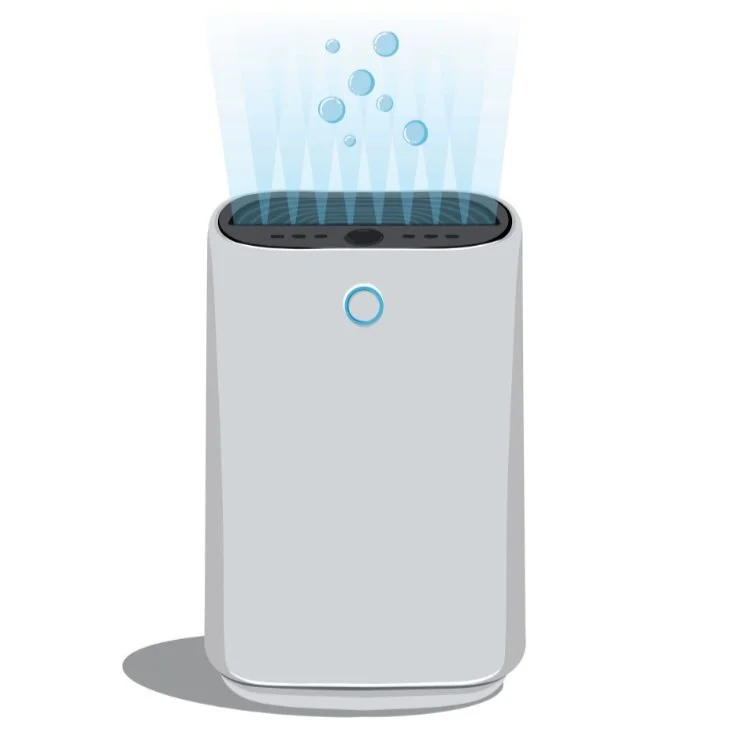6 tips on how to stay hydrated in winter
As winter blankets us in its cold embrace, it’s easy to overlook the importance of hydration. Yet, staying well-hydrated remains just as crucial during the cooler months. Discover our six tips to ensure you are staying hydrated this winter.
Winter's chilly temperatures may deceive us into believing we're not losing fluids as rapidly. However, indoor heating and dry air can still lead to dehydration as we might not feel as thirsty, so we might not drink enough.
Why is hydration so important to the body?
Hydration is key to supporting the immune system, vital during winter when cold and flu viruses are common. It aids in fighting infections, detoxifies the body, and supports lymph production.
What are the health impacts of dehydration?
Dehydration can exacerbate existing health issues such as UTIs, constipation, GOUT, and kidney stones, while also affecting cognitive function. Symptoms may include confusion, fatigue, and an increased risk of falls.
The winter chill can also wreak havoc on our skin and respiratory system. Inadequate hydration can aggravate dry, itchy skin, and conditions like eczema and psoriasis. Proper hydration also helps maintain moisture in the respiratory tract, crucial for preventing infections and easing asthma and bronchitis symptoms.
6 TIPS FOR STAYING HYDRATED THIS WINTER
Staying hydrated is vital for overall health and well-being, regardless of the season. Ask your allcare Community Support Worker to leave you with a glass of water, some fruit and a cup of tea as they leave.
1. Drink fluids regularly
Aim for at least eight glasses of water daily, more if you're active or in heated indoor spaces.
2. Monitor urine colour
Pale yellow or clear urine indicates adequate hydration, while darker urine signals dehydration.
3. Eat water-rich foods
Include hydrating fruits (watermelon, oranges, berries) and veggies (cucumbers, tomatoes, spinach) in your diet.
4. Dress smartly
Layer clothing to stay warm without overheating, which can lead to excessive sweating and fluid loss.
5. Limit dehydrating drinks
Cut back on caffeinated and alcoholic beverages and opt for herbal teas, water or warm water with lemon.
6. Use a humidifier
Using a humidifier at home adds moisture to the air and helps prevent dry skin and respiratory issues.








